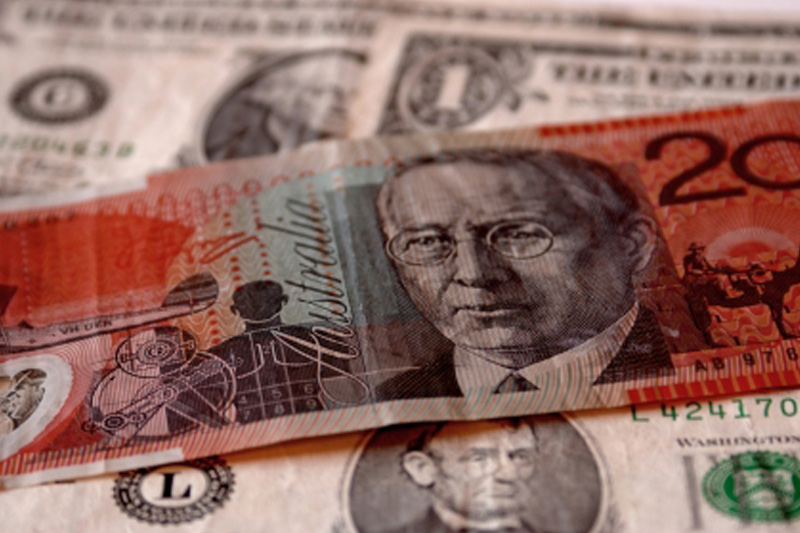Investing.com– Most Asian currencies moved in a tight range on Monday, while the dollar steadied from recent losses as traders awaited a slew of more cues on the Federal Reserve and U.S. inflation.
The Australian dollar was among the better performers, advancing before a Reserve Bank of Australia meeting where the central bank is likely to strike a hawkish chord.
Regional trading volumes were muted on account of a Japanese market holiday. But the yen weakened, pulling back further from a nine-month peak hit last week. The yen’s USDJPY pair rose 0.3% to 144.32 yen.
But barring the yen, most Asian currencies were sitting on some gains from last week, after a 50 basis point interest rate cut by the Fed.
Australian dollar gains with RBA on tap
The Australian dollar’s AUDUSD pair rose 0.3% in anticipation of hawkish signals from the RBA on Tuesday.
The central bank is widely expected to keep interest rates steady. But sticky inflation and recent strength in the labor market are expected to draw a hawkish stance from the RBA.
The central bank is also expected to signal that rates will remain high for longer- a scenario that bodes well for the Australian dollar. The currency was trading close to a 10-month high.
Dollar muted with Fed, inflation cues on tap
The dollar index and dollar index futures both rose slightly in Asian trade, steadying after logging losses last week.
The Fed cut interest rates and marked the start of an easing cycle that could see rates fall by as much as 125 bps this year. But overall losses in the dollar were still limited, given that the Fed signaled that neutral rates will also be much higher than seen in the past.
More cues from the central bank are due this week, with a slew of Fed officials- most notably Chair Jerome Powell– set to speak in the coming days.
PCE price index data- the Fed’s preferred inflation gauge- is also due this Friday, offering up more cues on the Fed’s plans to cut rates.
Broader Asian currencies moved in a flat-to-low range. The Chinese yuan’s USDCNY pair fell slightly, after the People’s Bank of China trimmed its 14-day repo rate to further loosen monetary conditions and support economic growth.
The South Korean won’s USDKRW pair rose 0.3%, while the Singapore dollar’s USDSGD pair rose 0.2%.
The Indian rupee’s USDINR pair rose 0.1% but remained well below recent record highs.

